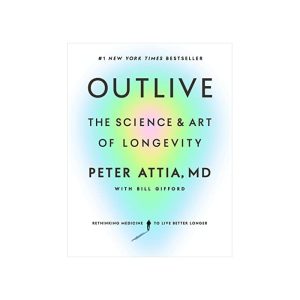Description
*A History of God: The 4,000-Year Quest of Judaism, Christianity, and Islam* is a renowned book by Karen Armstrong, first published in 1993. The book explores the development of the concept of God across the three major Abrahamic religions: Judaism, Christianity, and Islam. Armstrong, a former nun turned scholar, delves into the historical and theological evolution of the idea of God, examining how different societies, prophets, and religious leaders have shaped the understanding of the divine over the centuries.
Here are some key themes covered in the book:
### 1. **Historical Development of God**
Armstrong traces the origins of the idea of God, beginning with early polytheistic religions and moving through the rise of monotheism. She examines how the concept of a single, omnipotent God emerged in the ancient world, especially in the context of Judaism.
### 2. **Judaism**
The book discusses the transformation of Israelite religion, focusing on the development of the Hebrew Bible and the role of key figures like Moses and the prophets. Armstrong outlines how the Jewish conception of God evolved from tribal gods to a universal deity.
### 3. **Christianity**
Armstrong explores the introduction of Christianity and how the figure of Jesus Christ was understood as both human and divine. She investigates the impact of early Christian thinkers like Paul, Augustine, and Aquinas in shaping Christian theology, especially regarding the Trinity and the nature of God.
### 4. **Islam**
The book also delves into the birth and growth of Islam, focusing on the life of the Prophet Muhammad and how the Qur’an portrays God (Allah). Armstrong explains Islamic views on God’s nature, including the emphasis on God’s unity (tawhid), mercy, and transcendence.
### 5. **Theological Developments and Conflicts**
Armstrong explores key theological debates and conflicts within each religion, such as the nature of God, the problem of evil, and the relationship between faith and reason. She also examines how different religious groups, like the mystics and philosophers, have interpreted the divine.
### 6. **Modern Challenges**
The book concludes with an exploration of how the idea of God has been challenged and transformed in the modern era, particularly in the context of secularism, science, and interfaith dialogue. Armstrong reflects on how the concept of God is still relevant and how people of faith engage with it today.
### Significance:
Armstrong’s work is notable for its scholarly approach, offering a comparative and historical analysis that is accessible to both religious and secular readers. It aims to show the evolution of the concept of God not just as a theological idea, but as a cultural and historical force that has shaped civilizations over millennia.























Reviews
There are no reviews yet.